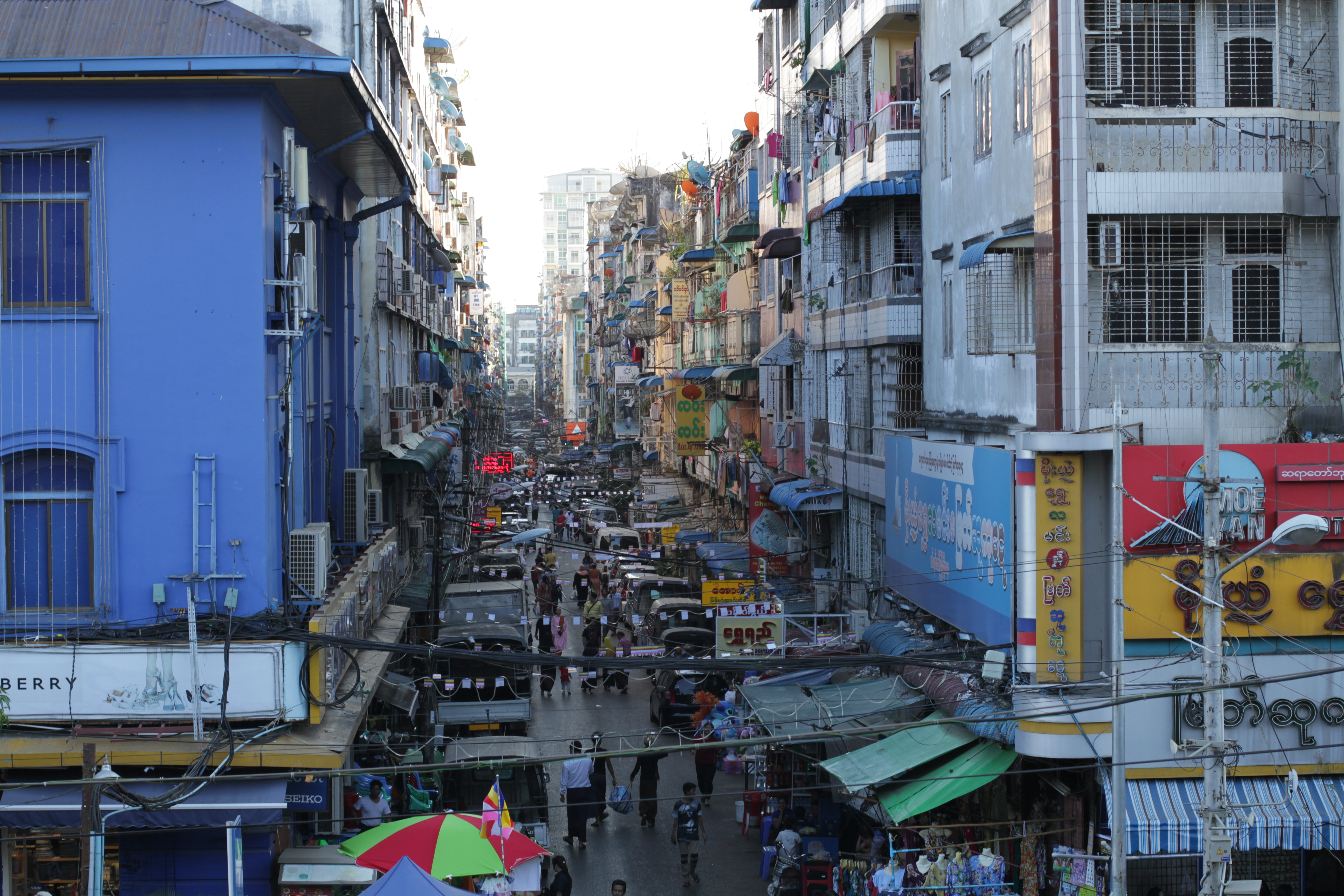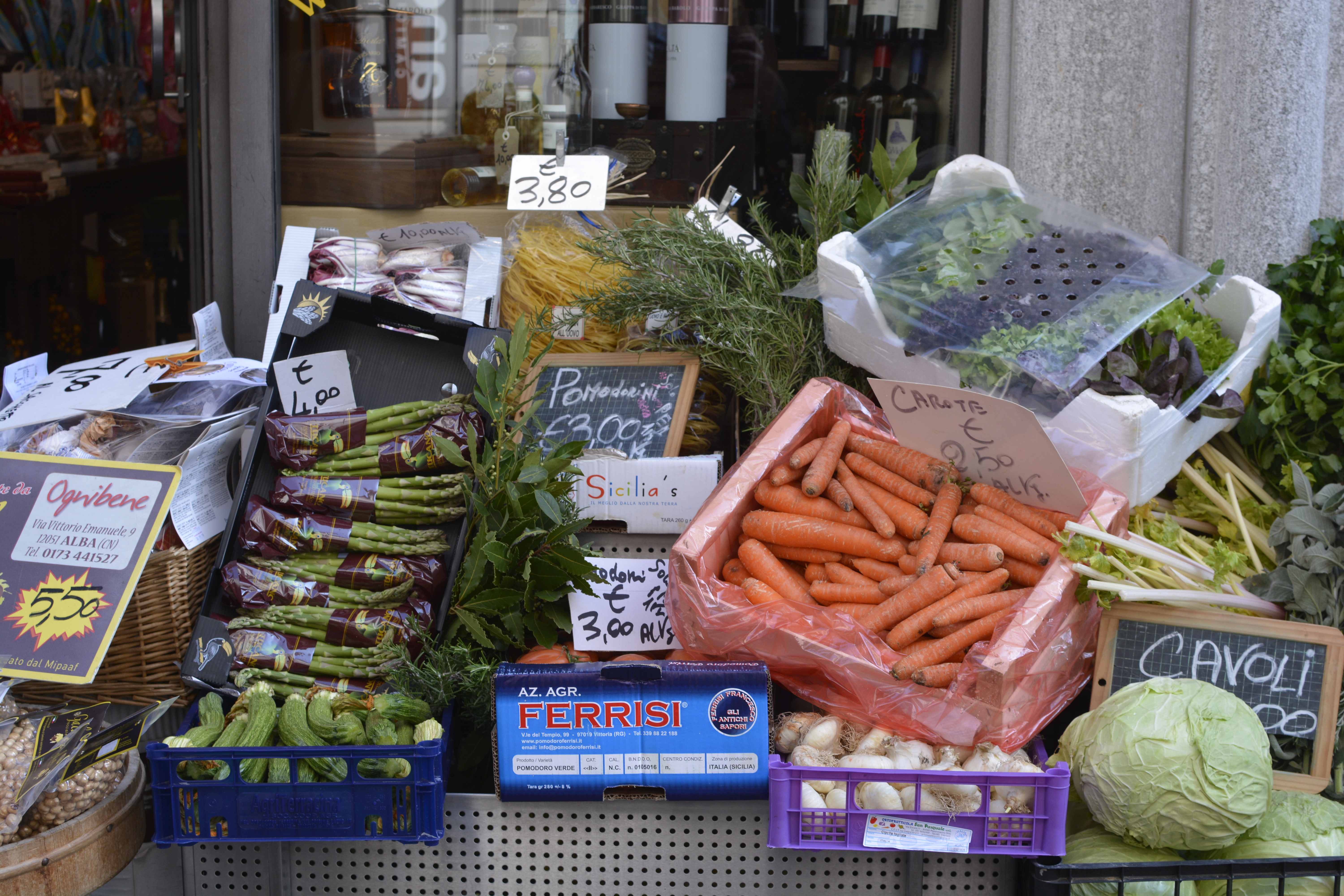Greenheart Travel believes in building a sustainable planet and is committed to helping out travelers do so too. The good news is there are a few things you can do before, during and after your trip to help make sure you’re minimizing the impact of your trip as much as possible. Here’s our guide to treading lightly:
Before You Go
Choose destinations that aren’t tourist hotspots. Don’t support over developing practices, such as sprawling, resource-hogging resorts and hotels.
Try to book stays in lodging that follows local cultural practices and heritage. Not only does it support cultural sustainability and helps local producers, but it’ll also immerse you in the heart of your destination.
Read up on your destination’s cultures and customs. The more you can learn about a country and its citizens before you arrive, the more prepared you’ll be to act respectfully.
Research the appropriate style of dress for your destination. Some cultures are offended by revealing clothing or flashy colors, something that may feel totally normal to you.
Try to avoid bringing excess packaging on your trip, like film boxes and plastic casing. Not only will this prevent the burden of outside garbage on the places you visit, but it will free up room in your suitcase.
Bring a water purifier for drinking water. Invest in a strong water bottle to avoid buying bottled water.
When planning and researching, look for lodging that uses environmentally conscious renewable energy and water/waste systems.
Look for a green guide for the specific location you’re traveling to.
Set a timer that turns lights on and off automatically instead of leaving some on constantly.
Set your thermostat so that the heat or air conditioning remains off.
Put a hold on your newspaper or magazine deliveries.

When You’re There
Remember that you’re not at home. Be respectful of other people’s cultures by adapting your behavior to local customs. Use common sense—don’t yell in quiet spaces, don’t run through peaceful sanctuaries, etc.
Use public transpiration, bike or walk whenever possible. It’s easier on the environment and offers a means to meet local people and get to know the place even better.
Leave room in your backpack or purse for the garbage you may generate in case it can’t be properly disposed of right away.
Don’t have your linens and towels washed every day; it’ll save water. Turn off lights, the television and air conditioning when they’re not being used.
Remember that some cultures have different standards of time than you may be used to. Don’t become frustrated or angry when something takes longer than you’d like it to—it’s all part of experiencing a place in its entirety.
When hiking, stay on established trails. Don’t cut new tracks or take shortcuts; it promotes erosion and disturbs wildlife.
Keep an eye out for native flora, especially at high altitudes and latitudes. It can be slow-growing and take years to grow back after being crushed by boots.

As a consumer:
Be conscious of where you spend money. Support locally owned businesses, restaurants, hotels, and products. Buying local art or products helps preserve cultural heritage, and it also leaves you with some authentic souvenirs.
When shopping, try to bring your own bag and avoid plastic. Politely say “no” if a clerk offers to package your items in plastic
In shopping locations where bargaining is acceptable, always keep in mind that a small amount to you could be a lot to the vendor—ask for a fair price, but don’t get carried away.
Never buy souvenirs made from wild animal products (such as skins, ivory or bone). It’s illegal, and in most cases, supports poaching practices.
Don’t buy products made from old-growth trees or taken from endangered forests. Ask if they were taken from renewable sources.
Interacting with animals:
Avoid restaurants, stores, shows and zoos that promote animal cruelty and mistreatment of endangered species. Even is someone tells you the animals are treated well or that an establishment is a “sanctuary,” you don’t see what happens behind closed doors.
Keep adequate space between yourself and wildlife. Learn and honor suggested or legal approach distances. If an animal is behaving differently because of your presence, you are probably too close. Do not touch wild animals, and definitely, do not ride an elephant.
Do your best to pay suggested donations when entering protected wildlife habitats. They help support local conservation efforts.
When You Return Home
Carbon dioxide from air travel is the single greatest polluter of the atmosphere. Try offsetting the amount of carbon dioxide emitted by your air travel by contributing to an organization that works to counteract the effects of carbon dioxide on the earth.
Encourage other trip planners to follow some basic sustainable travel guidelines.

Leave a Reply